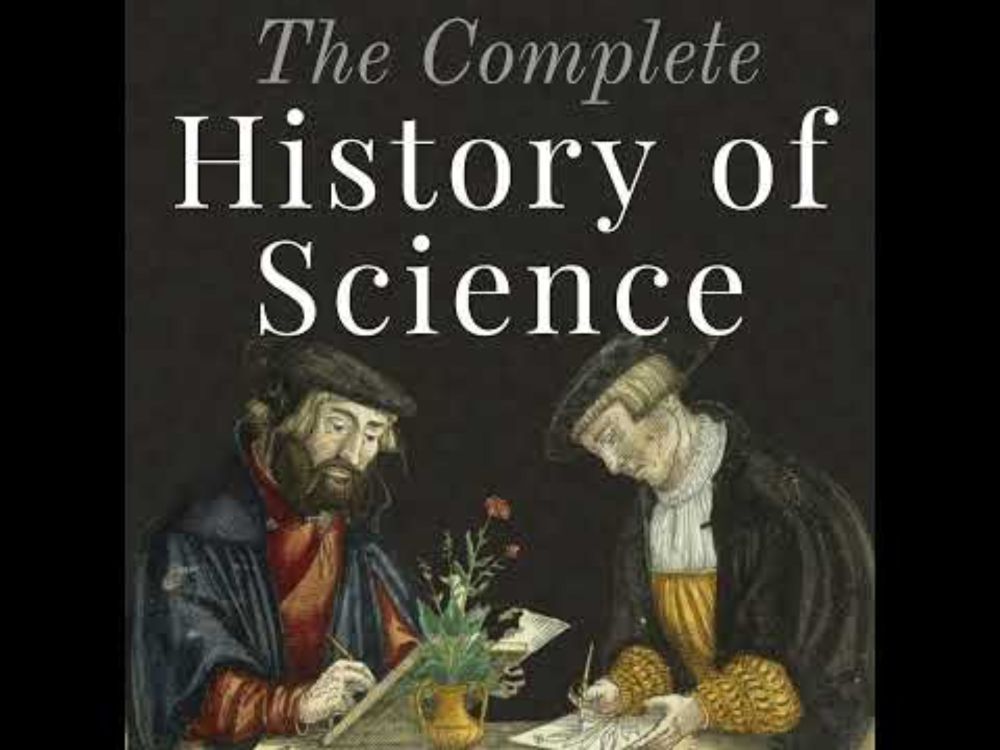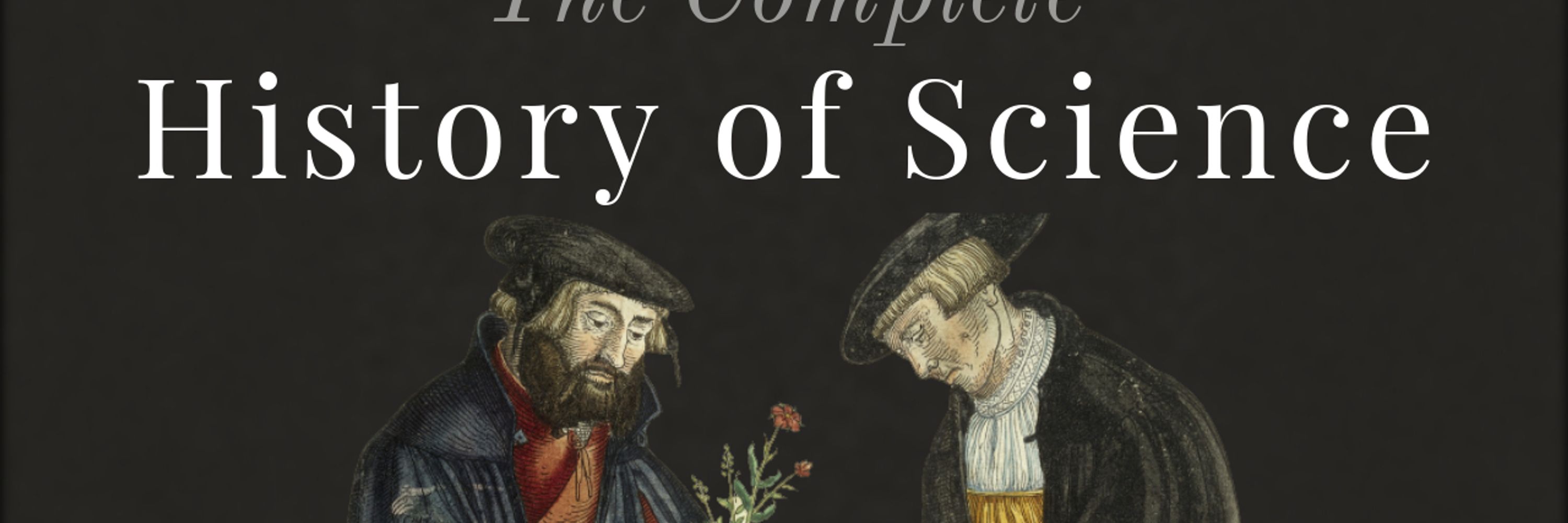
Find the podcast here:
https://thecompletehistoryofscience.buzzsprout.com/
Or any podcasting app (Spotify, Apple, Youtube etc.)
https://buymeacoffee.com/completehistoryofscience
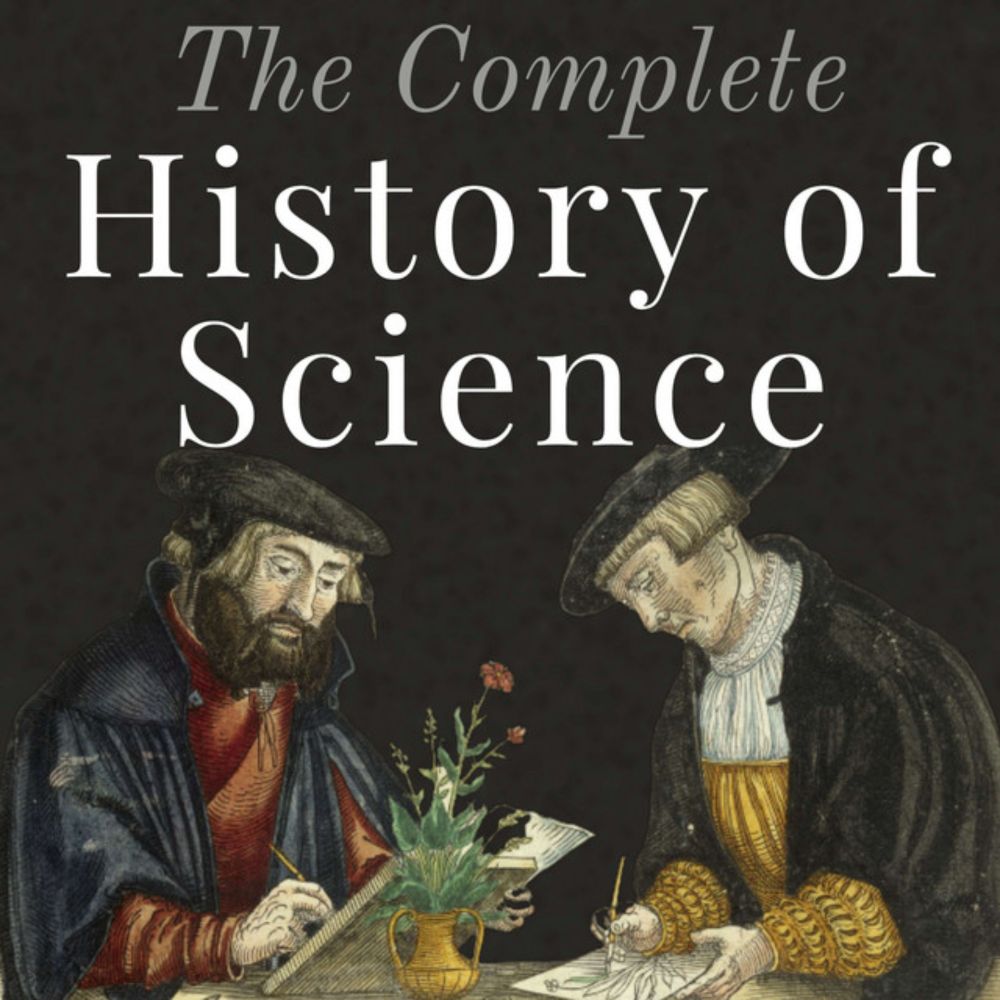
And this is an important point. Aristotle wasn't the type of philosopher who relied on thinking alone.
He looked, asked questions, and checked the facts. Arguably he was the first scientist.
And this is an important point. Aristotle wasn't the type of philosopher who relied on thinking alone.
He looked, asked questions, and checked the facts. Arguably he was the first scientist.
But how did he know? Elephants didn’t live in Greece.
The leading theory:
His former student, Alexander the Great, may have sent him one from his conquests in Asia.
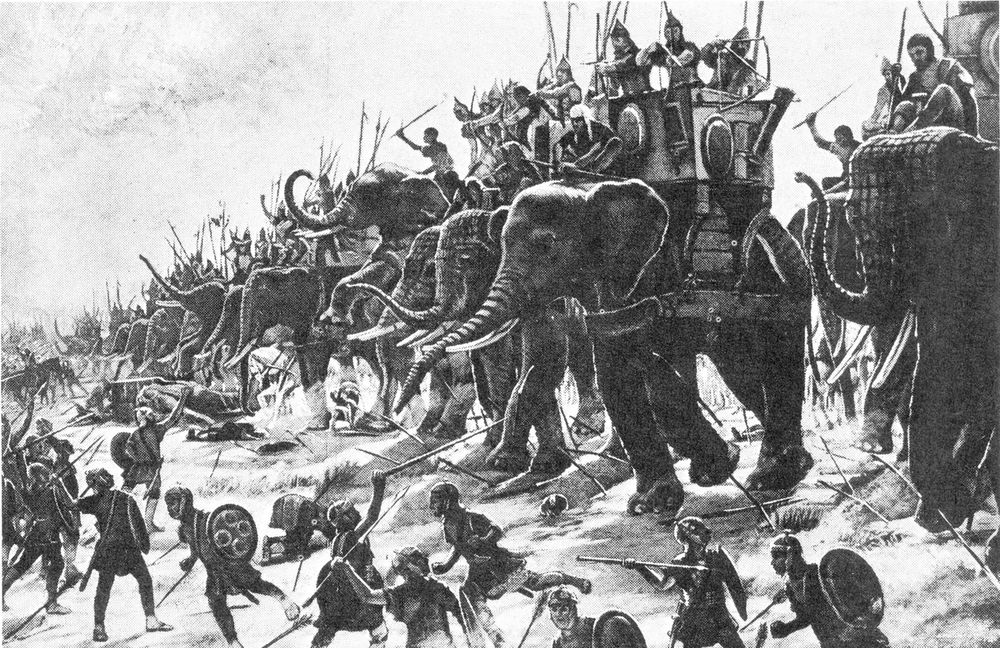
But how did he know? Elephants didn’t live in Greece.
The leading theory:
His former student, Alexander the Great, may have sent him one from his conquests in Asia.
The historian Herodotus once wrote that hyenas were hermaphrodites: both male and female.
Aristotle, showing real dedication, checked for himself. He dissected hyenas and found clear male and female organs.
Herodotus was wrong.
The historian Herodotus once wrote that hyenas were hermaphrodites: both male and female.
Aristotle, showing real dedication, checked for himself. He dissected hyenas and found clear male and female organs.
Herodotus was wrong.
Not eggs, like most fish. We'd now call them ovoviviparous.
This was ahead of its time and wasn’t confirmed by scientists until the 19th century.
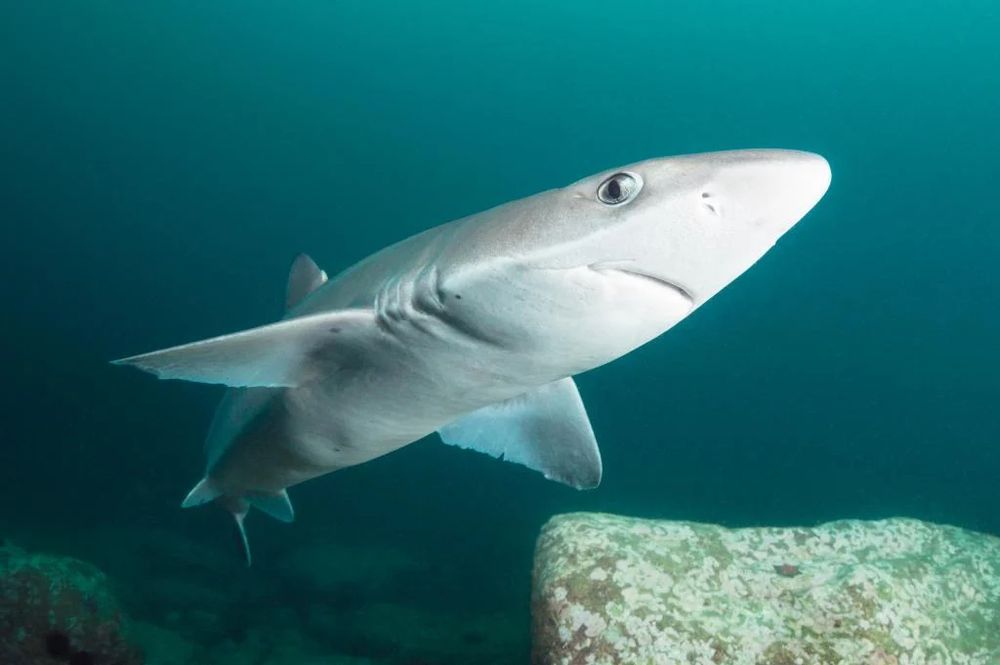
Not eggs, like most fish. We'd now call them ovoviviparous.
This was ahead of its time and wasn’t confirmed by scientists until the 19th century.
thecompletehistoryofscience.buzzsprout.com
I am also a published scientist with a PhD in physics:
scholar.google.com.au/citations?us...
Thanks!
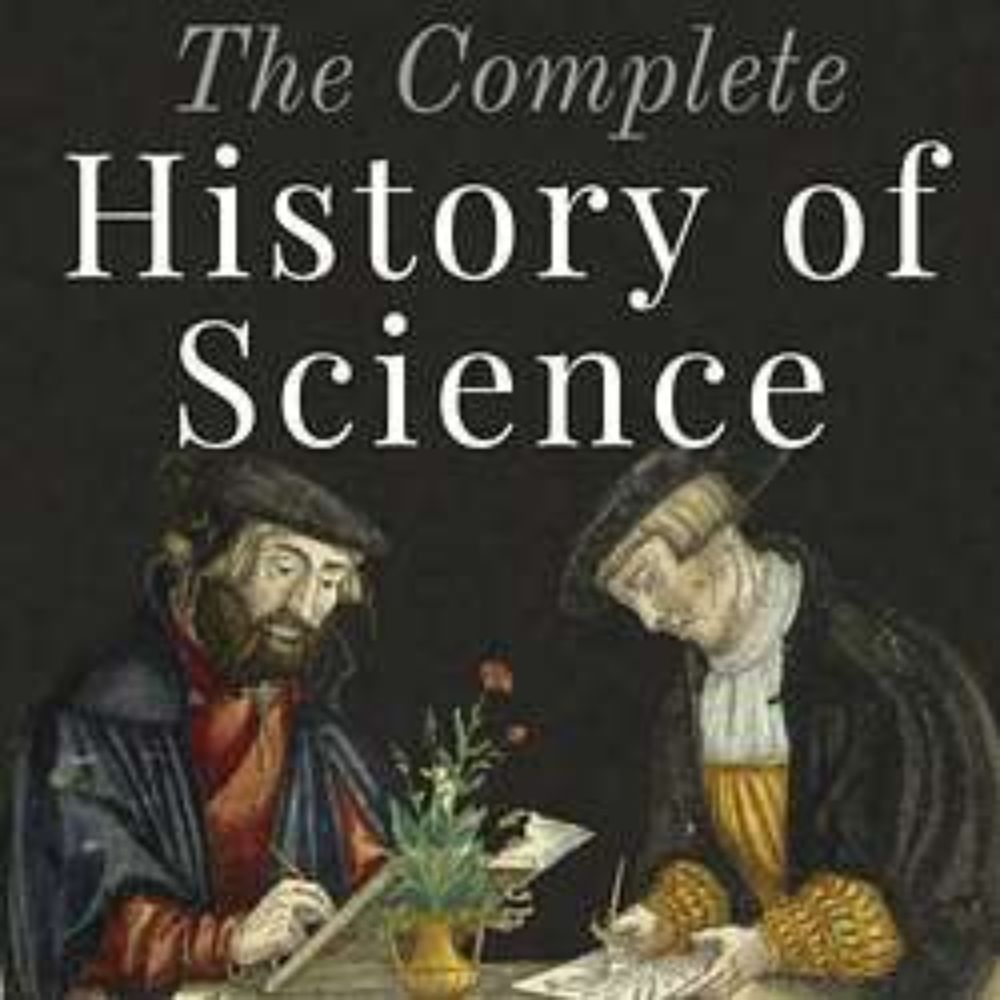
thecompletehistoryofscience.buzzsprout.com
I am also a published scientist with a PhD in physics:
scholar.google.com.au/citations?us...
Thanks!


